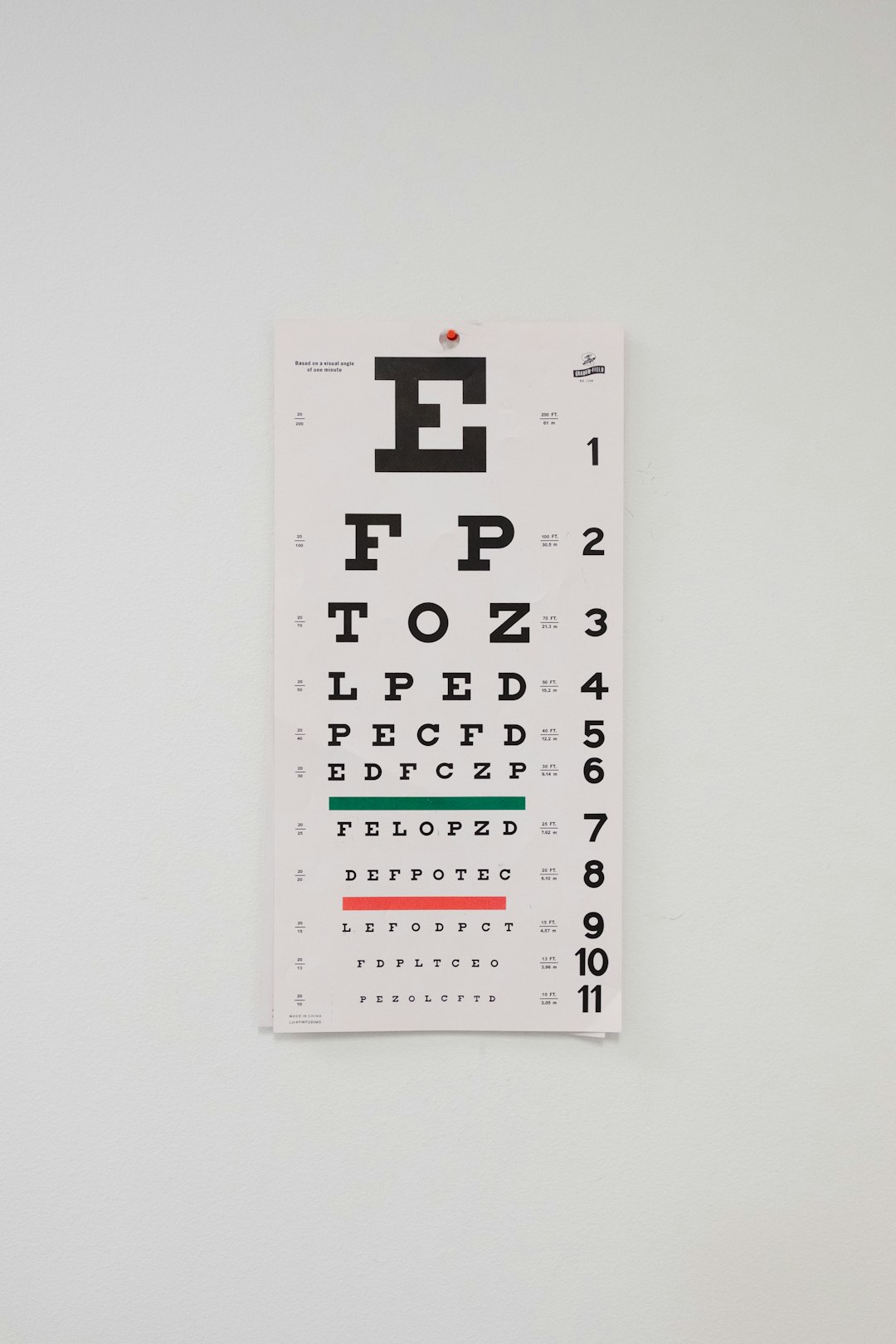When it comes to keeping horses safe and secure, the importance of proper fencing cannot be overstated. In Australia, where vast landscapes and diverse climates present unique challenges, selecting the right type of horse fencing is crucial for both the well-being of the animals and the peace of mind of their owners. This article explores the various fencing options available, the benefits of each, and considerations for maintaining a safe environment for your horses.
### Understanding Horse Fencing
Horse fencing serves several critical purposes: it keeps horses contained within a designated area, protects them from potential dangers, and prevents them from wandering onto roads or neighbouring properties. The type of fencing chosen will depend on several factors, including the size of the property, the behaviour of the horses, and local environmental conditions.
### Types of Horse Fencing
1. **Post and Rail Fencing**: This traditional fencing type is popular among horse owners due to its durability and aesthetic appeal. Typically made from timber or vinyl, post and rail fencing is strong enough to withstand the force of a horse leaning against it. However, it requires regular maintenance to prevent rot or damage from pests.
2. **Wire Fencing**: Wire fencing is often more economical than timber options. High-tensile wire fencing is particularly effective for containing larger areas and can withstand significant pressure. It is essential to ensure that the wire is properly tensioned and that the fence is marked to prevent horses from injuring themselves on the wires.
3. **Electric Fencing**: An increasingly popular choice, electric fencing provides a psychological barrier for horses, deterring them from attempting to escape. This type of fencing is versatile, allowing for easy adjustments to the layout as needed. However, it’s crucial to ensure that the electric fence is well-maintained and that horses are trained to respect it.
4. **Mesh Fencing**: For owners concerned about smaller animals or the potential for horses to get their legs caught, mesh fencing offers a safe alternative. This type of fencing can be made from various materials, including wire and plastic, and is often used in conjunction with other fencing types for added security.
### Factors to Consider
When selecting horse fencing in Australia, several factors should be taken into account:
– **Horse Behaviour**: Different breeds and individual horses may have varying temperaments. Understanding how your horses behave can guide your choice of fencing. More excitable horses may require stronger, more secure fencing options.
– **Climate and Environment**: Australia’s diverse climates can impact the durability of fencing materials. For example, coastal areas may require materials that resist corrosion, while inland regions may need options that withstand extreme heat.
– **Maintenance Requirements**: Some fencing types require more upkeep than others. Post and rail fencing, while attractive, may need regular inspections and repairs, while electric fencing may require checks on the power supply and the integrity of the wires.
### Maintenance Tips
Regardless of the type of fencing chosen, regular maintenance is essential to ensure the safety and security of your horses. Here are some tips:
– **Inspect Regularly**: Conduct regular inspections of your fencing to identify any signs of wear or damage. Look for loose wires, broken posts, or areas where horses may have attempted to escape.
– **Repair Promptly**: Address any issues as soon as they are discovered. Delaying repairs can lead to larger problems and increased risk for your horses.
– **Keep Fencing Clear**: Ensure that the area around the fencing is clear of debris and vegetation, which can compromise the integrity of the fence and provide hiding spots for predators.
### Conclusion
Choosing the right horse fencing in Australia is a vital decision that impacts the safety and well-being of your horses. By understanding the various types of fencing available, considering the specific needs of your horses, and committing to regular maintenance, you can create a secure environment that fosters their health and happiness. For more information on the best practices for horse fencing australia, consult with fencing professionals who can provide tailored solutions to meet your unique needs.





